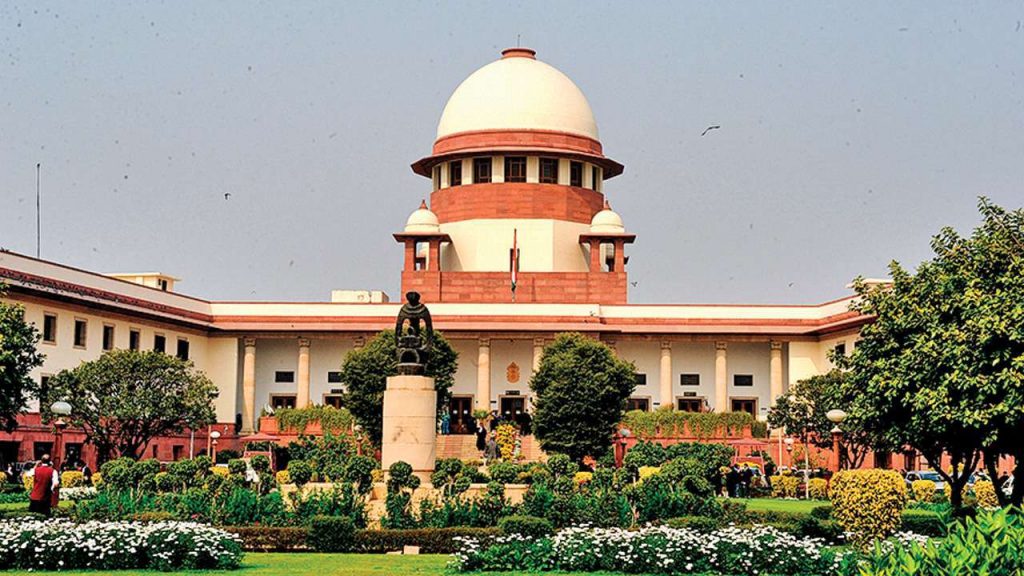New Delhi: The Supreme Court Wednesday set aside the conviction and dismissal from service of Lt Gen S.K. Sahni (retd), who was Indian Army’s Director General, Supplies and Transport, in an alleged ration scam.
A bench of Justices L. Nageswara Rao and B.R. Gavai said: “We, therefore, find that the orders passed by the learned AFT (Armed Forces Tribunal) as well as the GCM (General Court Martial) are not sustainable in law. The appeal of the appellants (Union of India and others) deserves to be dismisseda.”
Justice Gavai, who authored the judgment on behalf of the bench, said: “The petitioner (Sahni) is acquitted of all the charges leveled against him; and the petitioner would be entitled to all pensionary and consequential benefits in accordance with law. The arrears of such benefits shall be computed and paid to the petitioner within a period of three months from the date of this judgment.”
The bench quashed and set aside the February 18, 2011 order passed by the GCM holding Sahni guilty and imposing penalty on him, and also the October 10, 2013 order passed by the AFT, directing his dismissal from service.
The bench noted that the AFT has specifically come to a finding that he did not commit any fraud or any act, which resulted in actual loss or wrongful gain to any person.
“We are unable to appreciate as to on what basis the learned AFT comes to a conclusion that the acts lead to an inference that the attempts were made to cause a wrongful gain. The finding as recorded by the learned AFT is totally contrary to the material placed on record,” it said.
A court of inquiry, under the direction of the Army’s Western Command chief, was ordered against Sahni based on a complaint received in April 2005. The court of inquiry was tasked to investigate allegations, which included procurement of kabuli chana, tendering and procurement of barley crushed and gram kibbled, tendering and procurement of 979 metric tonnes of masoor whole, etc.,
Sahni retired in September 2006. His counsel argued that the findings as recorded by the GCM as well as the AFT are recorded on the basis of conjectures and surmises. He argued that like a criminal trial, the benefit of doubt must go to the officer and not to the prosecution, however in the present case, the GCM as well as the AFT have given the benefit of doubt to the prosecution.
The bench said: “It is not the case of the appellants that the kabuli chana so supplied was of inferior quality or not as per the standards. The only allegation is that the relaxation which was granted was with regard to the number of grains that every 100 grams should contain.”
The bench pointed out that on account of reduction in price, there has been a substantial saving to the public exchequer, leave aside any pecuniary gain to the supplier.
“As a matter of fact, even the GCM, in paragraph (26), held that the respondent (Sahni) was entitled to benefit of doubt with regard to his intent but has found that the said act was prejudicial to good order and military discipline,” it noted.
The Centre and others had moved the top court against AFT order, which reduced the sentence of three years rigorous imprisonment and cashiering imposed on Sahni to dismissal from the service.
IANS

